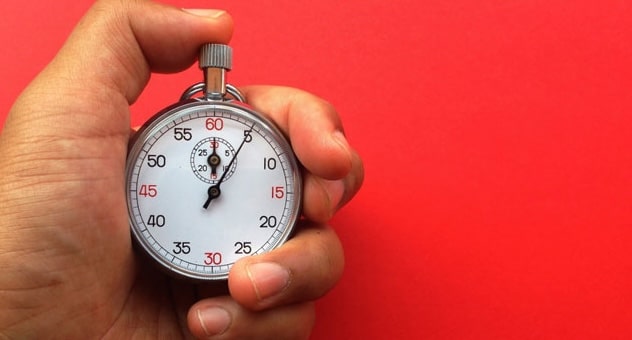

Is it complimentary or complementary? Of course, it depends.
This is one of the trickiest homophones to remember, partly because the spellings are only one letter apart, and partly because there is no good reason for the difference (both stem from the Latin complere, meaning ‘to fill up’). Sadly, ours is not to reason why, but simply to learn the difference:
to complement is to add an element that completes something
to compliment is to offer an expression of praise or admiration.
The same rule carries over to the derivative adjectives:
complementary means ‘completing’, or ‘forming a complement’, but can also refer to ‘complementary medicine’
complimentary means ‘conveying praise’ or ‘flattering’, but can also refer to a free product or service, particularly as a courtesy or for publicity purposes.
So, while a complementary wine would complete your meal by combining well with your food, a complimentary wine would either be free of charge, or possessed with the ability to tell you that your hair looks gorgeous today.
Here are some examples of complementary and complimentary used correctly:
I’d like to introduce John, who, based on his past experience and wide range of skills, is sure to be a complementary member of the team.
The director was very complimentary about the work you did on this project – congratulations.
We’re offering every client who makes a booking in August two complimentary tickets to our summer party.
If you find it difficult to remember which spelling to use, you may find this mnemonic helps:
If it complements something it completes or helps it (with an e).
I like compliments (with an i).
Image credit: mohd kamarul hafiz / Shutterstock
Subscribe
Expert advice to your inbox



